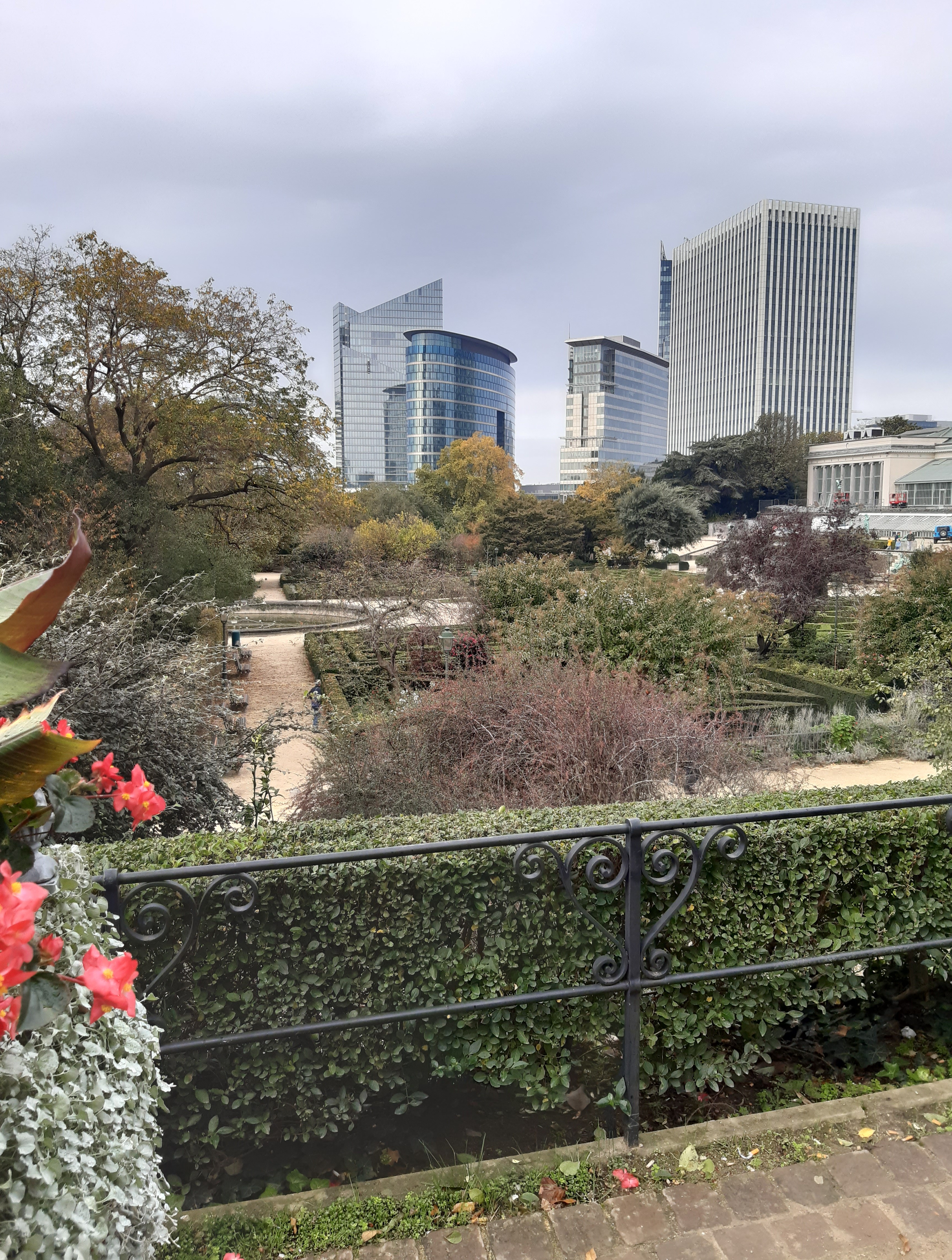Urban ecology and evolution
Over half of humanity now lives in cities, and this proportion, along with the surface of urban lands, is expected to rise continuously during this century.
Many species are unable to adapt to the myriad environmental changes associated with city life: urbanization has caused numerous population declines and local species extinctions, and is a major source of biological homogenization worldwide. This is likely in turn to influence human well-being and health, through the loss or degradation of key ecosystem services in cities. Yet, some organisms persist or even thrive in cities, directly or following evolutionary changes.
Using cities in France and Belgium, I investigate how various behaviours and life-history traits respond to urbanization at various scales, and try to find out whether this affects population/ species persistence in cities and interactions with other species, including humans.
Main collaborations: Dries Bonte (Ghent University), Solène Croci (CNRS, Rennes)
Participation in collaboration networks: Global Urban Evolution (GLUE), SPIN-CITY.
